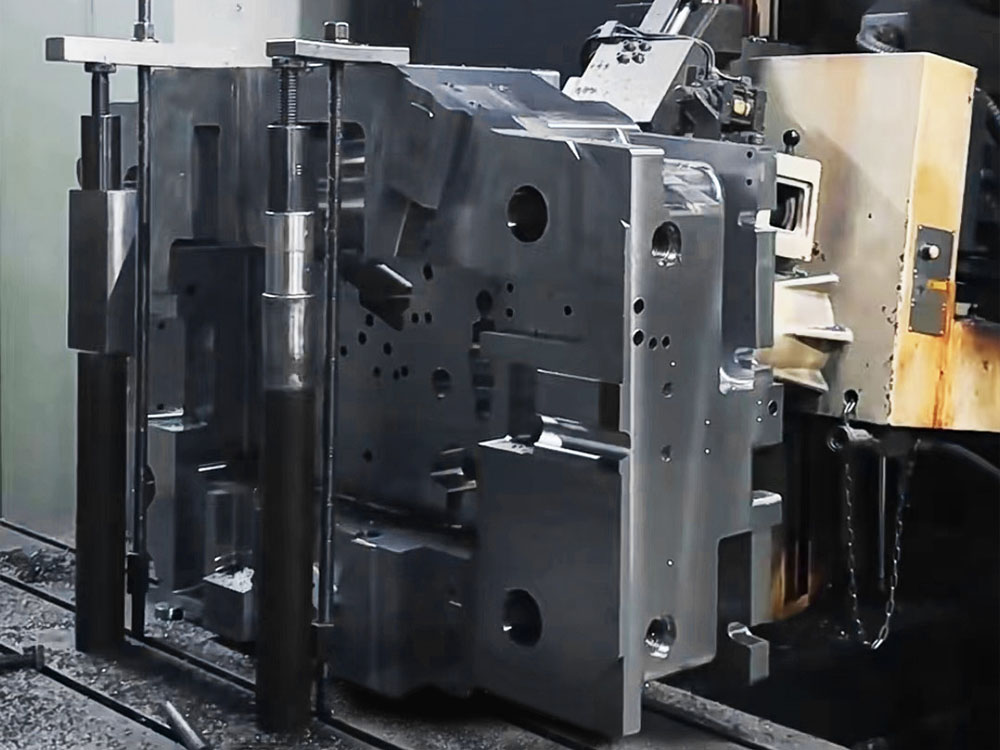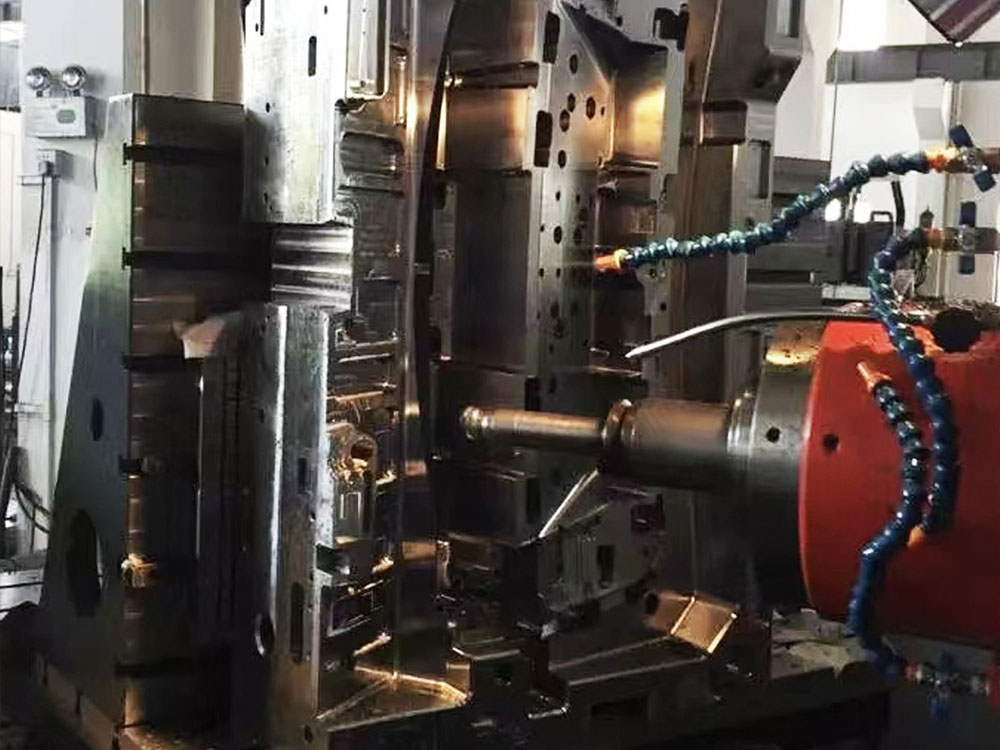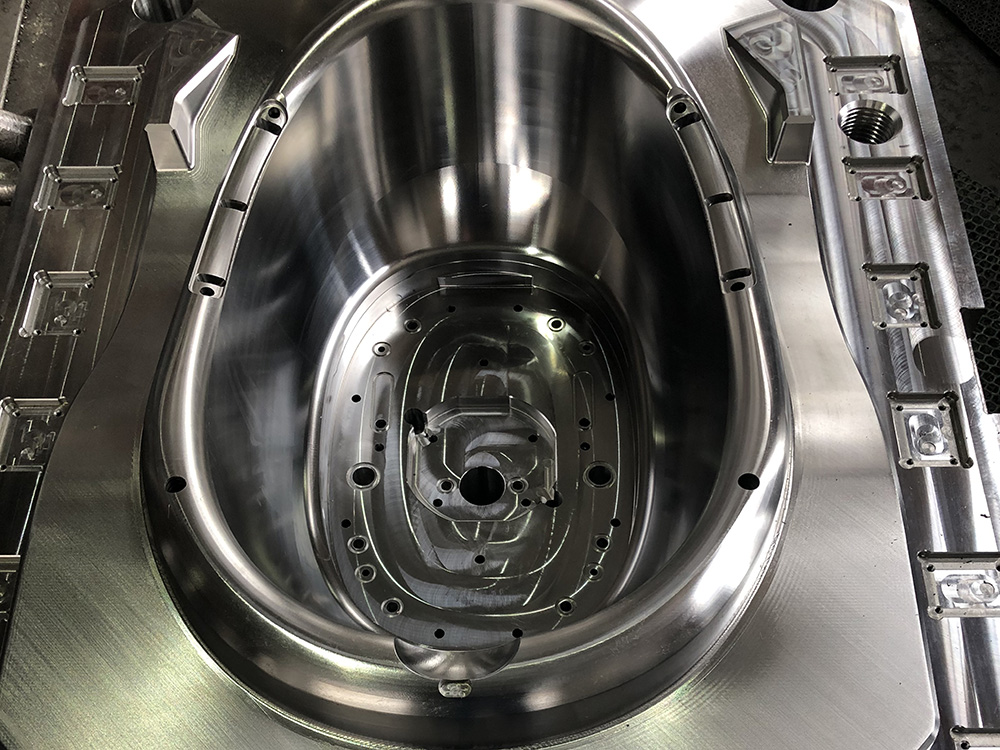Introduction to FCI Modular System in Mold Base Industry
The mold base industry plays a vital role in the manufacturing sector, providing the foundation for the creation of various products in industries including automotive, electronics, and consumer goods. One innovative solution that has gained significant attention in recent years is the FCI Modular System. This groundbreaking system has revolutionized the way molds are designed, manufactured, and operated, leading to increased efficiency, reduced costs, and improved product quality. In this article, we will explore the concept of FCI Modular System and its impact on the mold base industry.
The Concept of FCI Modular System
The FCI Modular System is a highly flexible and adaptable approach to mold base manufacturing. It is based on the principle of using standardized components that can be easily combined and interchanged to create custom mold bases for specific applications. This modular concept offers numerous advantages, including shorter lead times, reduced tool costs, and improved flexibility in design changes.
Key Components of FCI Modular System
The FCI Modular System comprises various key components that work together to create a versatile mold base solution. These components include standardized mold plates, guiding units, centering devices, and fastening systems. Each component is carefully designed to be easily interchangeable and compatible with others, ensuring seamless integration and efficient assembly.
Advantages of FCI Modular System
1. Flexibility: One of the major advantages of the FCI Modular System is its flexibility. As standardized components can be easily combined and interchanged, it allows for quick modifications and adaptations to meet changing production requirements. This flexibility not only saves time but also enables manufacturers to respond swiftly to market demands.
2. Cost Savings: The modular approach of the FCI system eliminates the need for customized mold bases, resulting in significant cost savings. Standardized components are produced in large quantities, reducing production costs, and tooling expenses are minimized due to the reduced need for unique parts. Additionally, the shorter lead times associated with the FCI Modular System contribute to cost savings for manufacturers.
3. Improved Quality: The precise engineering and compatibility of the standardized components in the FCI Modular System lead to improved mold base quality. The system eliminates variations that can occur in traditional customized mold bases, resulting in consistent and accurate mold construction. This, in turn, enhances the final product quality, reducing defects and rework.
Applications of FCI Modular System
The FCI Modular System finds applications in a wide range of industries. Its flexibility and cost-effectiveness make it especially suitable for companies with frequently changing production requirements. Automotive manufacturers, for example, can benefit from the system's ability to adapt to evolving design changes and increasing demands for new models. Similarly, electronics manufacturers can utilize the FCI Modular System to accommodate rapid advancements in technology and changing product specifications.
Conclusion
The FCI Modular System has revolutionized the mold base industry by introducing a flexible and cost-effective approach to mold base manufacturing. Its standardized components, ease of interchangeability, and ability to adapt to changing production requirements have significantly impacted production efficiency, cost savings, and product quality. As the manufacturing industry continues to evolve, it is expected that the FCI Modular System will continue to play a crucial role in meeting the growing demands of various industries.




